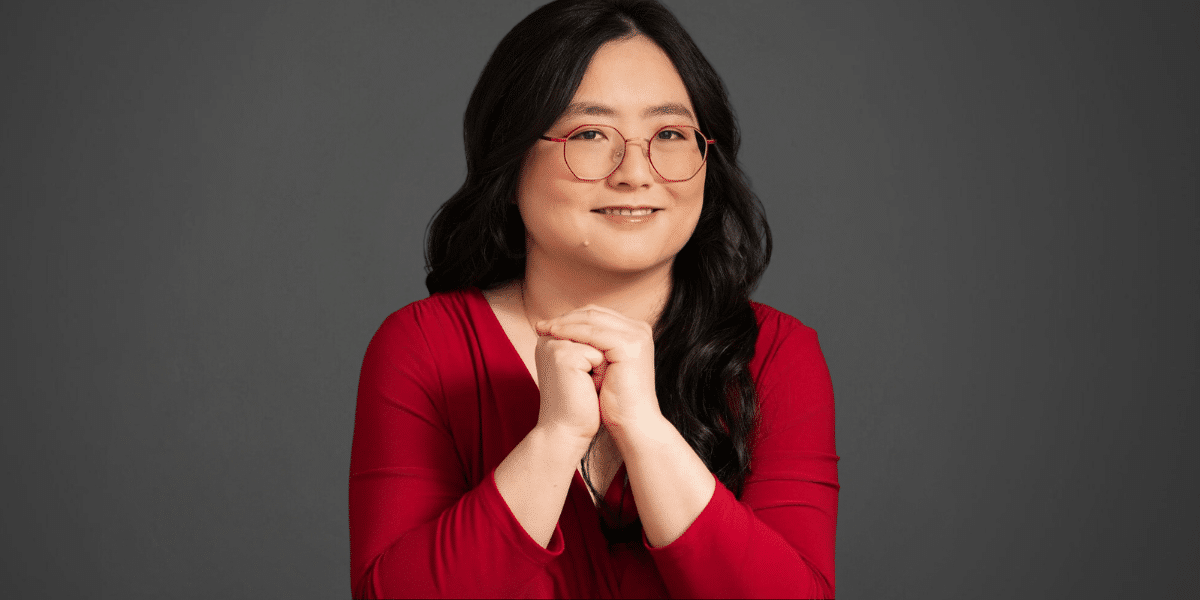By: Amal Patir
A pioneering data scientist and engineer at Ellipsis Health has been at the forefront of integrating artificial intelligence (AI) to address mental health challenges since 2018. The innovative work of Yang Lu focuses on utilizing AI to develop advanced models for the detection and treatment of depression and anxiety, revolutionizing the way mental health care is approached and delivered.
Yang Lu’s journey with Ellipsis Health began as a Senior Data Scientist and Engineer, and her exceptional leadership skills soon elevated her to a managerial role. Under her guidance, the data science team has developed HIPAA-compliant machine learning (ML) and statistical models that are not only business-critical but also pivotal in the battle against mental health issues.
Lu’s team specializes in cutting-edge techniques such as regression, binary and multi-class classification, NLP models, Bayesian statistics, various clustering methods, network analysis, factor analysis, item response theory, and measurement theory. Their work has been crucial in spearheading the research and development of depression and anxiety detection models, which are now core components of the business and deployed in production environments.
Under Yang’s guidance, the team has evaluated and consolidated research to optimize models iteratively and expand to new use cases. This involves staying abreast of the latest advancements in speech recognition, mental health detection and machine learning, such as large language models such as ChatGPT, ensuring the team remains at the cutting edge of research and development. Through her efforts, Yang has co-authored seven papers and secured two patents, underlining her role as a thought leader.
One of Yang’s significant achievements is data collection, collecting the largest behavioral health speech database and developing data ingestion and engineering platforms for it from scratch. These platforms manage labeled speech data used in depression and anxiety research, encompassing over 20,000 sessions, 10,000+ participants, and more than 2,000 hours of speech in multiple languages. This extensive dataset is the largest bedrock for developing highly accurate AI models for mental health screening.

Lu’s work extends beyond the technical aspects of data science. She has designed studies to achieve FDA approval in partnership with clinical scientists. As a liaison between the clinical and ML teams, she has translated clinical specifications into ML developments, explained data requirements for clinical studies, and presented quantitative insights to clinicians, ensuring a holistic approach to mental health treatment.
Yang Lu’s work has a profound impact. By leveraging AI, her team at Ellipsis Health is making significant strides in early intervention and timely treatment of mental health issues. Their efforts are particularly crucial at a time when global crises like the COVID-19 pandemic have exacerbated mental health challenges.
Looking ahead, Yang is committed to expanding AI applications in mental health care. With ongoing partnerships with leading healthcare providers, her work aims to enhance access to mental health resources and improve the quality of life for countless individuals.
She shares her insights and visions for the future of AI in mental health treatment, illuminating the personal drive and professional dedication that fuels her pioneering work.
“Innovation in healthcare, especially mental health, isn’t just about technological advancement; it’s about real impact on people’s lives,” Yang states. Her passion for the field stems from a deep-seated belief in the power of technology to bring about significant societal change. “We are at a crucial juncture where our work with AI can drastically reduce the gap in care for mental health conditions, which have historically been overlooked and underfunded.”
Yang’s reflections on the role of AI in healthcare highlight the dual challenges of innovation and implementation. “Deploying AI in mental health care is as much about understanding human emotions as it is understanding data. Our models don’t just parse through data; they interpret the nuanced expressions of human distress, making AI a compassionate tool in our fight against mental illness.”
Yang Lu also discusses her team’s challenges, from technical hurdles to ethical considerations. “One of the biggest challenges in developing AI tools for mental health is ensuring they are ethical and equitable. We constantly evaluate our models to ensure they serve all demographics fairly,” she explains.
Her commitment extends to the team she leads, fostering an environment of continuous learning and ethical responsibility. “I believe in leading by example. It’s important to create a culture where learning is continuous, and every team member feels empowered to contribute to our overarching goals.”
Looking to the future, Yang is optimistic about AI’s potential to transform mental health care globally. “I envision a world where no one suffers in silence because AI-powered tools can provide insights that human caregivers can use to offer timely, personalized interventions.”
Yang’s concluding thoughts focus on the broader implications of her work. “This isn’t just about creating sophisticated algorithms; it’s about shaping the future of how we understand and treat mental health. With AI, we can make mental health care accessible and effective for everyone, anywhere.”
Her dedication to using AI as a powerful tool in mental health treatment exemplifies the potential of technology to make a real difference in society. As she continues to lead and innovate, the future of mental health care looks brighter, thanks to her contributions and the continued efforts of her team at Ellipsis Health.
Published by: Khy Talara

















